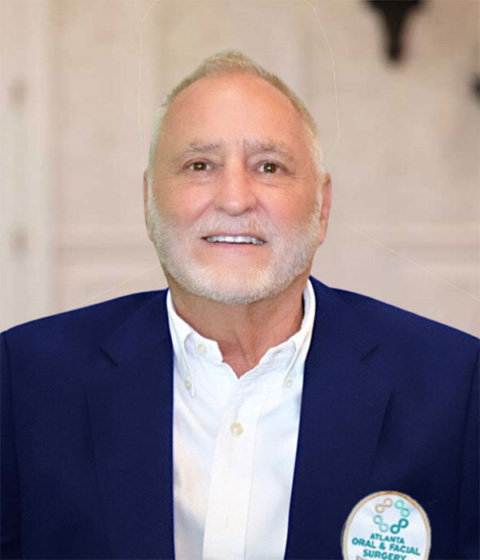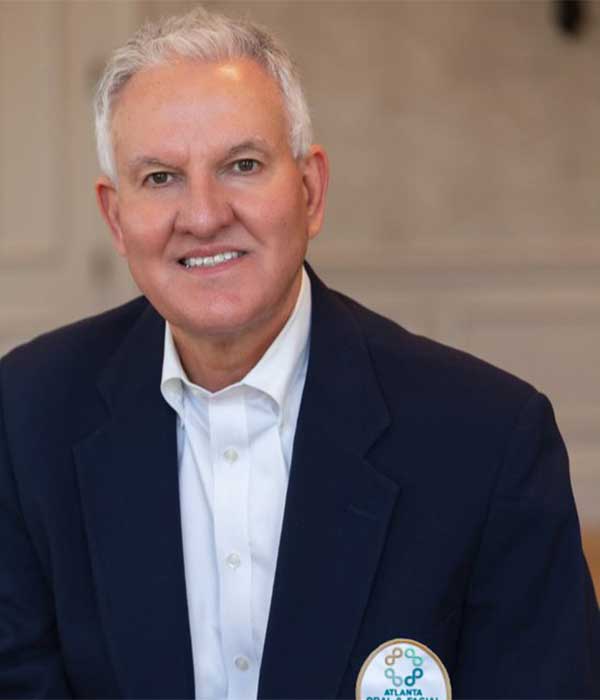Pros and Cons of Bone Grafting
Bone grafting is a specialized procedure aimed at enhancing bone volume and density in the jaw. Common, and often a prerequisite for dental implants or other oral surgeries, this technique involves adding bone or bone graft materials to the jaw to support the structure and facilitate the integration of dental implants. While it offers several benefits, particularly for those with bone loss, it also comes with certain considerations. In this article, we’ll discuss the advantages and disadvantages of bone grafting, providing a balanced view for those considering this procedure.
Advantages of Bone Grafting
 Enhanced Foundation for Dental Implants – Grafting not only enables the possibility of dental implants for those with insufficient natural bone, but also significantly improves the longevity and stability of those implants. This foundational support is similar to creating a strong infrastructure for a new building so that the superstructure remains secure and durable over time.
Enhanced Foundation for Dental Implants – Grafting not only enables the possibility of dental implants for those with insufficient natural bone, but also significantly improves the longevity and stability of those implants. This foundational support is similar to creating a strong infrastructure for a new building so that the superstructure remains secure and durable over time.- Counteracting Bone Loss – The proactive approach of bone grafting in mitigating bone loss offers a twofold benefit. First, It preserves the jawbone’s integrity after the loss of a tooth, maintaining the alignment of remaining teeth and preventing further dental complications. Second, it contributes to the preservation of oral health by maintaining the bone structure, which is essential for the support of facial tissues and overall dental function.
- Aesthetic and Functional Restoration – Beyond the obvious aesthetic enhancements, bone grafting also plays a role in restoring oral function. This includes improving bite alignment and efficiency, which can have a positive impact on digestion and overall health. The psychological benefits of regaining a natural and healthy appearance cannot be overstated, often leading to significant improvements in confidence and quality of life.
- Diverse Material Options – Advancements in grafting materials offer tailored solutions to cater to individual needs and preferences. Whether it’s the use of the patient’s own bone for enhanced compatibility or synthetic or donor options for reduced procedural complexity, the choice of materials allows for personalized treatment plans that align with the patient’s specific health profile and desired outcomes.
- Technological Advancements for Improved Success Rates – The integration of cutting-edge technologies such as 3D imaging with CT scans for bone grafting procedures has led to higher precision, reduced surgical times, and improved outcomes. These technological advancements not only elevate success rates but also improve patient comfort and satisfaction with the procedure.
Disadvantages of Bone Grafting
- Surgical Risks and Considerations – While the risks associated with bone grafting are relatively low, they are nonetheless relevant for those undergoing the procedure. The potential for adverse reactions or complications requires a comprehensive pre-surgical assessment to lessen these risks and ensure patient safety and well-being throughout the process.
- Financial Implications – The financial investment in bone grafting, particularly when part of a broader dental restoration plan, can be substantial. This aspect often requires careful financial planning or exploration of financing options, which can add to the decision-making process for the patient.
- Extended Recovery and Healing Times – The commitment to the recovery period is a considerable factor for some patients. Grafting procedures may require an extended healing phase can impact daily routines, social activities, and dietary habits. The need for patience and strict adherence to post-operative care instructions is important to ensure the success of the graft and the overall treatment plan.
- Uncertainty of Graft Integration – Despite high success rates, the biological process of graft integration can be unpredictable, with factors such as individual health conditions, lifestyle habits, and genetic predispositions playing a role. This uncertainty underscores the importance of ongoing monitoring and collaboration between the patient and dental professionals to address any issues promptly.
- Complexity of Additional Procedures – In cases where bone grafting is part of a more complex dental restoration strategy, the need for multiple procedures can pose challenges in terms of scheduling, recovery, and overall treatment duration. This requires a well-coordinated approach among dental specialists to ensure a cohesive and efficient treatment plan.
The decision to undergo bone grafting involves careful consideration of procedures, potential benefits, and drawbacks. Patients need to engage in open and informed discussions with their dental care providers to fully understand the implications of bone grafting in the context of their individual oral health goals and overall well-being. By taking a committed approach to patient education and care, dental professionals can guide patients through the decision-making process, so that they are well-informed and confident in their choices. As the field of dental and surgical medicine continues to advance, bone grafting remains a vital component in the restoration and enhancement of dental health, offering hope along with an improved quality of life.
Contact the Dental Professionals
With a focus on complex dental care, Atlanta Oral & Facial Surgery is renowned for our patient-centric approach and the trust we build within the community. As America’s largest oral surgery group, we streamline the care process and aim for excellence in outcomes, a commitment to oral health, and enhancing our patients’ overall quality of life.
For more information about our practice, or to schedule an appointment, contact us via our website or give us a call at 877-269-2637.












































